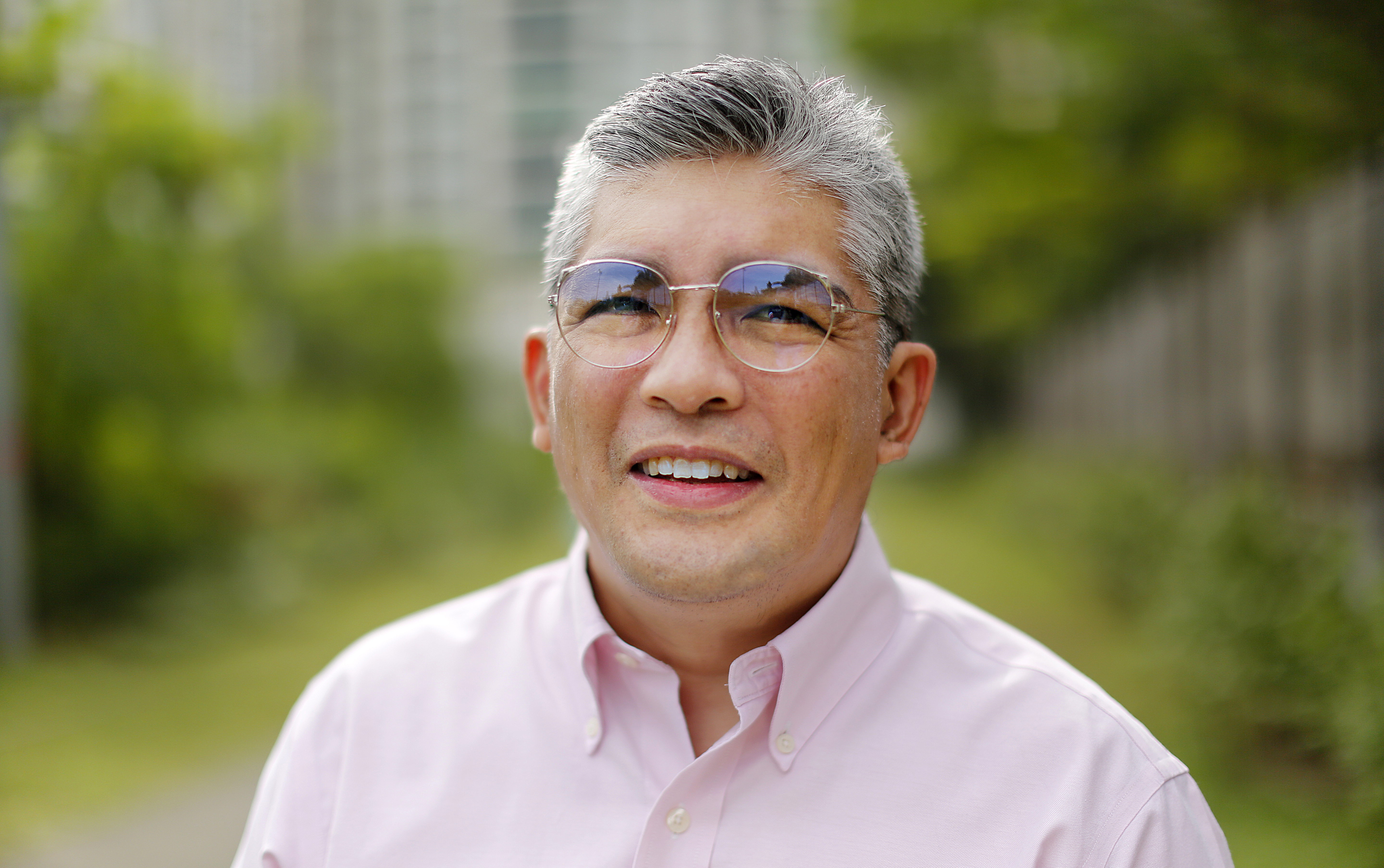OFF THE BEATEN PATH

In a world where attention spans dwindle with every passing TikTok video, could it be that we are unknowingly trading depth for distraction? What began in September 2016 as a platform for fleeting entertainment has morphed into a de facto search engine, reshaping how we consume information, even challenging Google’s dominance. Adobe’s 2024 Report corroborates the findings of a news study conducted by NewsGuard Technologies, Inc. in 2022, underscoring the rapid user growth of this social media application. Apparently deriving its name from wordplay on tick-tock, the onomatopoeia we know for countdowns, the promise of endless short-form videos has catapulted TikTok into the mainstream culture. Central to its success is an algorithm that excels at personalized content delivery and discovery, fostering a sense of community and relevance.
However, this same algorithmic prowess inadvertently creates echo chambers, where users are predominantly exposed to content aligning with their existing beliefs, increasing vulnerabilities to misinformation.
It will help to better contextualize that phenomenon by observing the public’s increasing skepticism toward traditional sources of information. The same year when TikTok was launched saw the rise of disinformation campaigns in the Philippines, an uglier form of falsehood because unlike misinformation, the former presupposes malicious intent. With TikTok’s features and the demonstrable behavior of many Filipino netizens, the problem lies in the collective failure to differentiate amusement from information. What tickles our fancy is not necessarily what should inform our decisions. This blurring of lines as compounded by a growing distrust in conventional sources of information can only produce more prejudice that cloud the sound judgment we need in all levels of political participation.
The allure of easily digestible content and the power of personalization through algorithms can lead to a distorted perception of reality. This is exacerbated by a declining emphasis on critical thinking and media literacy. My legal training has ingrained in me the necessity of meticulously examining primary sources. This practice was further reinforced during my preparation for a recent lecture attended by law students from the University of San Agustin – Iloilo. To ensure the accuracy and depth of the materials, I delved into original legal texts, a rigorous process that is fundamental to legal research. I believe this holds true in all disciplines and cannot be emphasized further when the citizens exercises all their cherished rights.
Our society’s knowledge and engagement are directly linked to the quality of information consumed. Plato’s allegory of the cave, where prisoners mistake shadows for reality, offers a timeless cautionary tale. As applied to our present predicament, doubt and deliberation remain to be healthy avenues to truth. Take every presented short-cut, quick-fix or summary with a grain of salt. Always consider: if we are to decide matters of consequence based on unverified data, we are not only insulting our intelligence; we also contribute to a collective delusion.
In the regulatory aspect, it is reassuring to know that Senate Committee Report No. 648 dated 31 May 2022 provided recommendations based on the academic paper “Architects of Networked Disinformation” written by Dr. Jonathan Ong and Dr. Jason Cabañes. The study, released in 2018, provides indispensable data for this discussion.
2018 also happens to be the same year the Philippines unfortunately earned the dubious distinction of being “patient zero” in the global disinformation pandemic. Our recovery is yet to be “reeled” but we are giving a good fight. Make your TikTok search more meaningful today by learning from the combined grit and brilliance of advocates making a difference in literacy there. Information, the validated kind, is entertaining too and the positive impact, if sustained, will definitely outlive you.
(Atty. Gregorio “Goyo” Larrazabal is a former Comelec commissioner. He is a pioneer of automated elections being a member of the Commission that successfully modernized Philippine elections in 2010. He remains deeply involved in public service as an election lawyer. Email: [email protected])